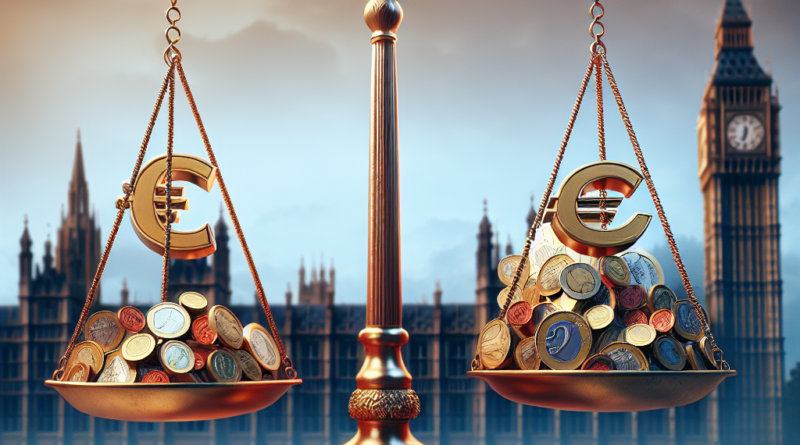Euro and Markets shaken by the French vote. Why is instability feared?
France’s Political Landscape After Ballotage
France was taken by surprise with the outcome of the awaited ballotage, which the markets were closely monitoring with interest and concern.
The vote confirmed the victory of the left-leaning front, with Macron’s party coming in second place and the feared advance of the far-right led by Le Pen’s Rassemblement National contained in third position.
The results have plunged the country into uncertainty as no party has secured enough seats to form a government with an absolute majority.
While the fear of a far-right victory has passed, the growing concern now is the prospect of prolonged instability that even the markets fear.
Market Reactions and Euro’s Performance
None of the political groups is expected to reach the 289 seats required for an absolute majority, raising the possibility of a deadlock in the coming weeks.
Ahead of the European market opening, the euro-dollar remains under pressure at 1.0815, with a decrease of about 0.18%.
The common currency is recovering losses after sliding 0.4% during Asian hours.
Impact on Financial Markets
The French Cac 40 futures are down, and European stocks are estimated to open lower.
The defeat of the far right has been somewhat of a relief for investors, but there is also the apprehension that the left’s agendas could undermine many of President Emmanuel Macron’s pro-market reforms.
The success of Mélenchon’s front is likely to continue worrying the markets primarily because it will not translate into a solid majority, leaving much uncertainty on forming a government.
Additionally, the left’s promises could lead to a significant loosening of fiscal policy.
Future Scenarios and Economic Forecasts
All these factors would exacerbate concerns about France’s already heavy debt and could put the nation on a collision course with the European Union, which is already taking measures to reduce the budget deficit.
While the left alliance does not have an absolute majority, limiting its actions, some strategists have suggested that a hung parliament would be a positive outcome for investors.
The inevitable political rivalry within a stagnant parliament could drive up the yield on national 10-year debt, known as OAT, pushing the spread on safer German bunds higher once again.




